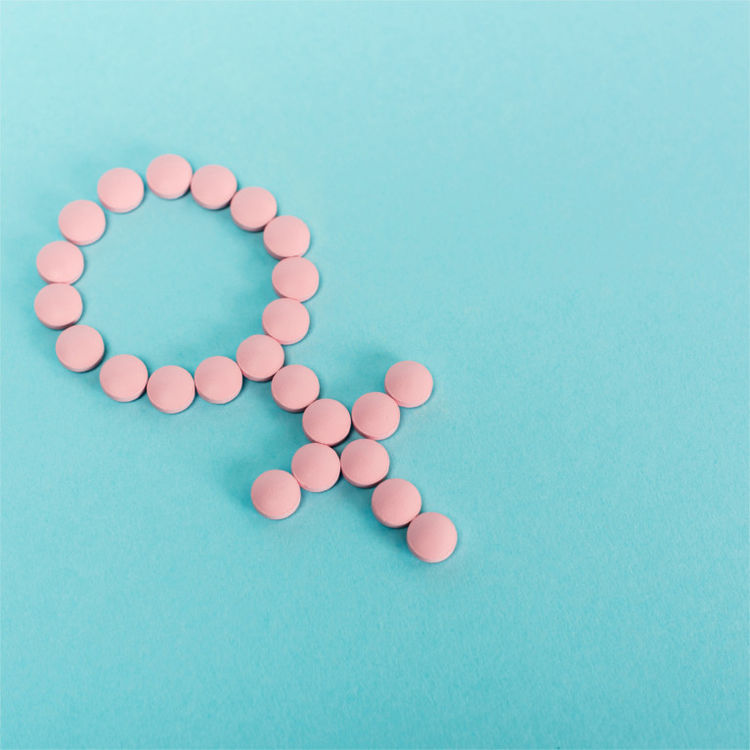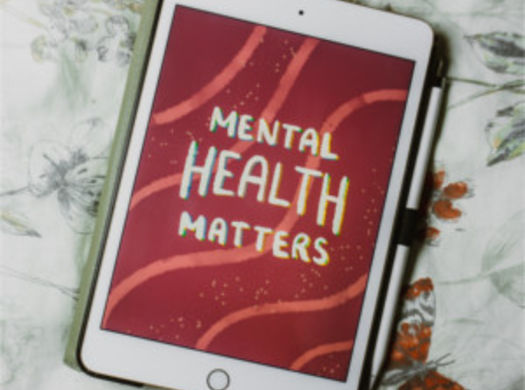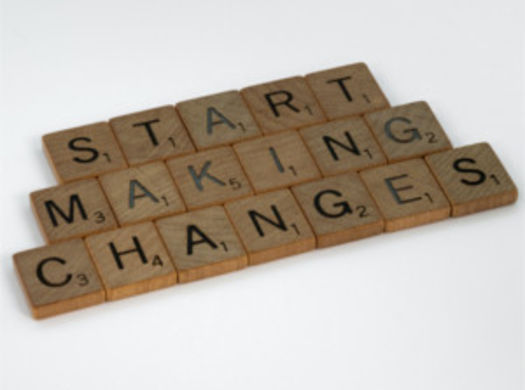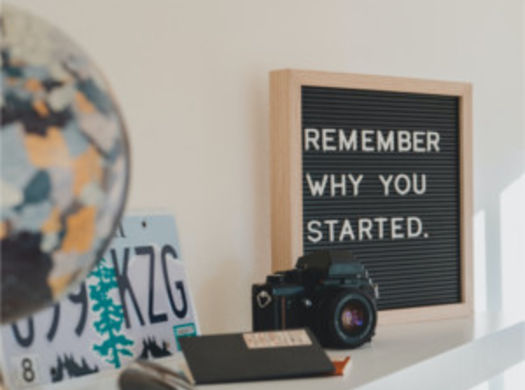Blog

Menopause - what could we do to help ourselves through this time of life?
So, first things first. I’m Olly, I’m 45 years old and I’m a bloke. I can’t resonate with menopause personally. However, I’ve been working within the NHS for a few years, and have attended trainings around what could help women navigate this time of life as best they can. I’ve also listened to many podcast conversations about this subject. I can thoroughly recommend hearing what Dr Rangan Chatterjee and Dr. Annice Mukherjee speak about in their conversation on the Feel Better, Live More podcast.
https://www.youtube.com/watch?v=Am5jNb0oHm8
I’ve taken some of their key points and outlined them in this blog.
I found the conversation very hopeful and empowering to women. Simply put: being in your best health when going through the menopause helps! I’ve listened to so many interviews along these lines…and no matter what the condition, from depression, high blood pressure, overweight, heart disease or recovering from an accident etc etc, if you can be in shape, and be proactive about your daily choices and overall health, you’ll be giving yourself a far better chance of coming out the other side of an adverse event, with quicker and healthier results.
There is no doubt that therapies such as HRT help some women through this time of life. But, interestingly, in 46% of women (Dr Mukherjee’s quote) the HRT therapy has no benefit. Almost half the female population! So, what can these 46% of women do to help themselves?
Over-committing?
One thing that the doctors mentioned, that will be different for each individual woman, is the level of responsibility taken on in daily life. How many commitments do you say yes to, how many hours do you give to other people, and how much time do you prioritise for yourself?
Saying no to social or family engagements may not come naturally to a lot of women. But if you’re going through a tough period of life, this is one thing that could potentially help when you’re not feeling naturally at your best.
Saying no takes practice…and at first you may think you’re being rude. But over-committing to non-essential events could be something to steer away from if you’re approaching or going through the menopause. Saying no can feel empowering. If you’re taking care of yourself, this isn’t a selfish act. With adequate down-time for your own self-care, you’ll be a better version of yourself for the most important people in your life.
Smoking and alcohol
Low-hanging fruit?! Do you think you’ll sail through anything having nicotine and alcohol regularly in your body? The two doctors make the association with increasing the consumption of alcohol to breast cancer. I won’t be telling anyone to stop drinking or smoking. But the toxins from drinking and smoking won’t be improving your chances of feeling great long-term. You choose your levels of consumption, but the less the better for overall health, especially in times of bodily changes.
Sleep…making it a priority
I speak to any patient or client of mine about SLEEP! This is another key pillar of health, whatever age or time of life you’re in. Dr Mukherjee highlights that prioritising sleep is essential. Trying to tune our bodies into our circadian rhythm is an easy way to help do this. Getting outside in the morning (rain, clouds, sunny, whatever the weather), is one way to fine tune this sleep/wake cycle. Morning walks could be something to consider as you’ll get in a good amount of movement, you’ll be getting a daily dose of vitamin D (which is crucial for your immune system), as well as setting up your sleep at night.
Nourishing food
Ok, so do we think junk food will be helping our bodies get the nourishment that it needs during menopause?! No, didn’t think so. Junk food is everywhere in our culture here in the UK. It’s part of every food outlet’s selection of products. The money to be made out of convenience and comfort won’t ever end. But if we’re trying to create a healthy human, then we need to build the body out of real, whole foods as much as possible.
Cooking tray bakes (veg and chicken thighs), stews, omelettes, using the slow cooker, having the right real food snacks like cold meats, veg, fruits, nuts, tinned fish or olives could be a far better choice than a chocolate bar with sugar and gluten in.
Good habits around food shopping, preparing, cooking and eating all take practice…and we get good at what we practice. Having plans in place for those moments where we’re low on energy or we’re having a stressful day can really help us out. Talking with whoever we live with (even if you live alone!) can help in these situations. Find the food you like, that likes you back. I’ve found my list, but what is on yours?!
Excess weight
The conversation also highlights that excess weight is not helpful for long term health risks. We already know this, but whether you’re wanting to avoid diabetes, cancer or improve your outcomes through menopause, it’s so helpful to maintain a healthy body weight at any stage of life. Following a low carb or keto way of life can be really helpful in maintaining a healthy weight. I’ve had a lot of success working with people to achieve far better body compositions. It can take a bit of experimentation but with the right blend of support and accountability, sustainable weight loss is 100% possible.
Being less sedentary
Moving your body is also a crucial way to help yourself during the menopause. Sedentary life doesn’t do wonders for mental or physical health at any time of life. Finding an activity or exercise that you enjoy can be very helpful for mental, physical and social health. Walking and talking with friends could be a simple way to alleviate stress and to move your body. Dr Mukherjee is asked the question about having a simple way to alleviate stress and her answer is simply ‘going for a walk in nature, without your phone’! How much movement do you have in your week? How could you move more? They also discuss the importance of strength training into later life. To be strong, rather than frail, can be another factor to help anyone out through menopause.
Social connections
Social support is another crucial element of health. More and more menopause peer support groups are now being created around the country – from GP surgeries to cafes, as well as online support groups. Sharing what you’re going through with other women in similar situations can be another natural therapy alleviating those isolating times. Laughter through those moments is always helpful too!
Small simple steps may not seem like much at the time, but she emphasises that controlling what we can control is very empowering. There will be better times ahead. Some women live longer post-menopause than before it now! There are plenty of simple ways to improve health…pre, during and post menopause.
Little changes over time can really make powerful improvements to one’s health and wellbeing. These changes aren’t always easy, so do please get in touch to find out how health coaching could possibly help you out. healthcoacholly@gmail.com
Stay well,
Olly





